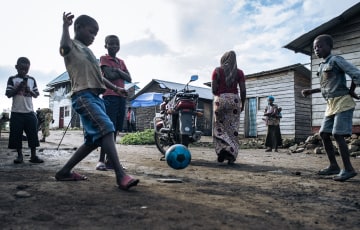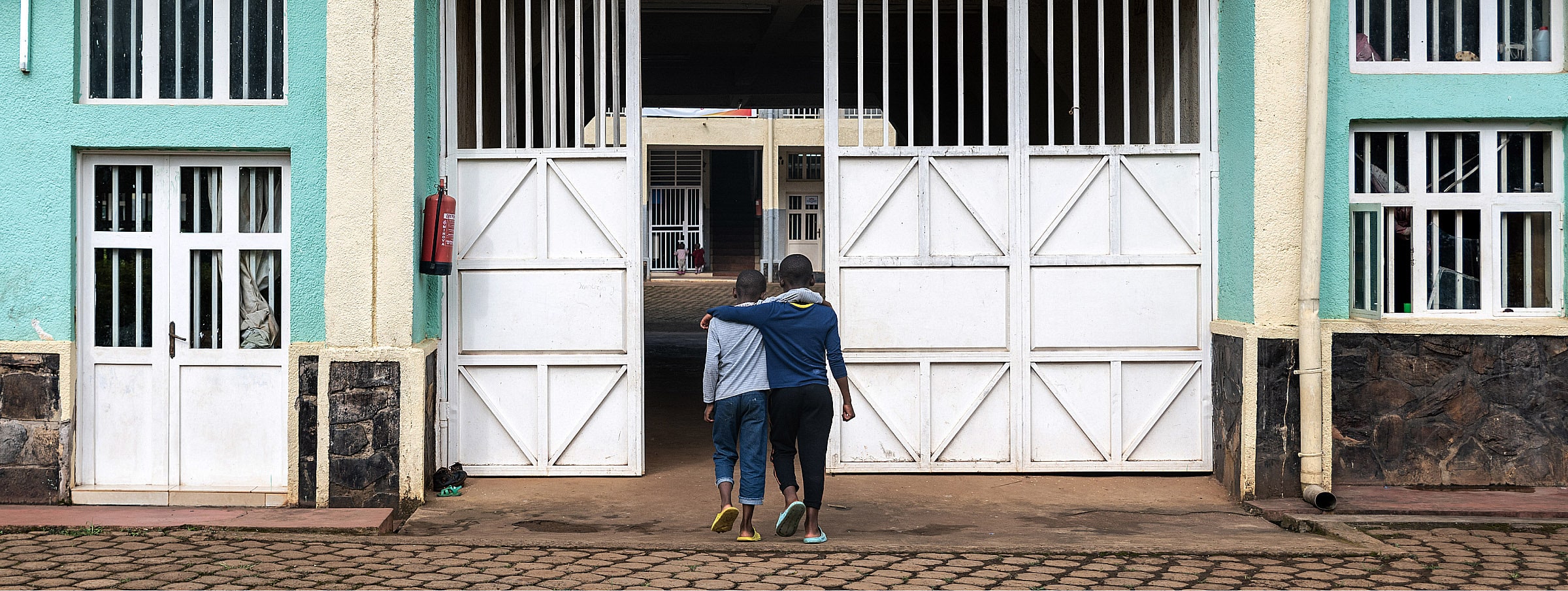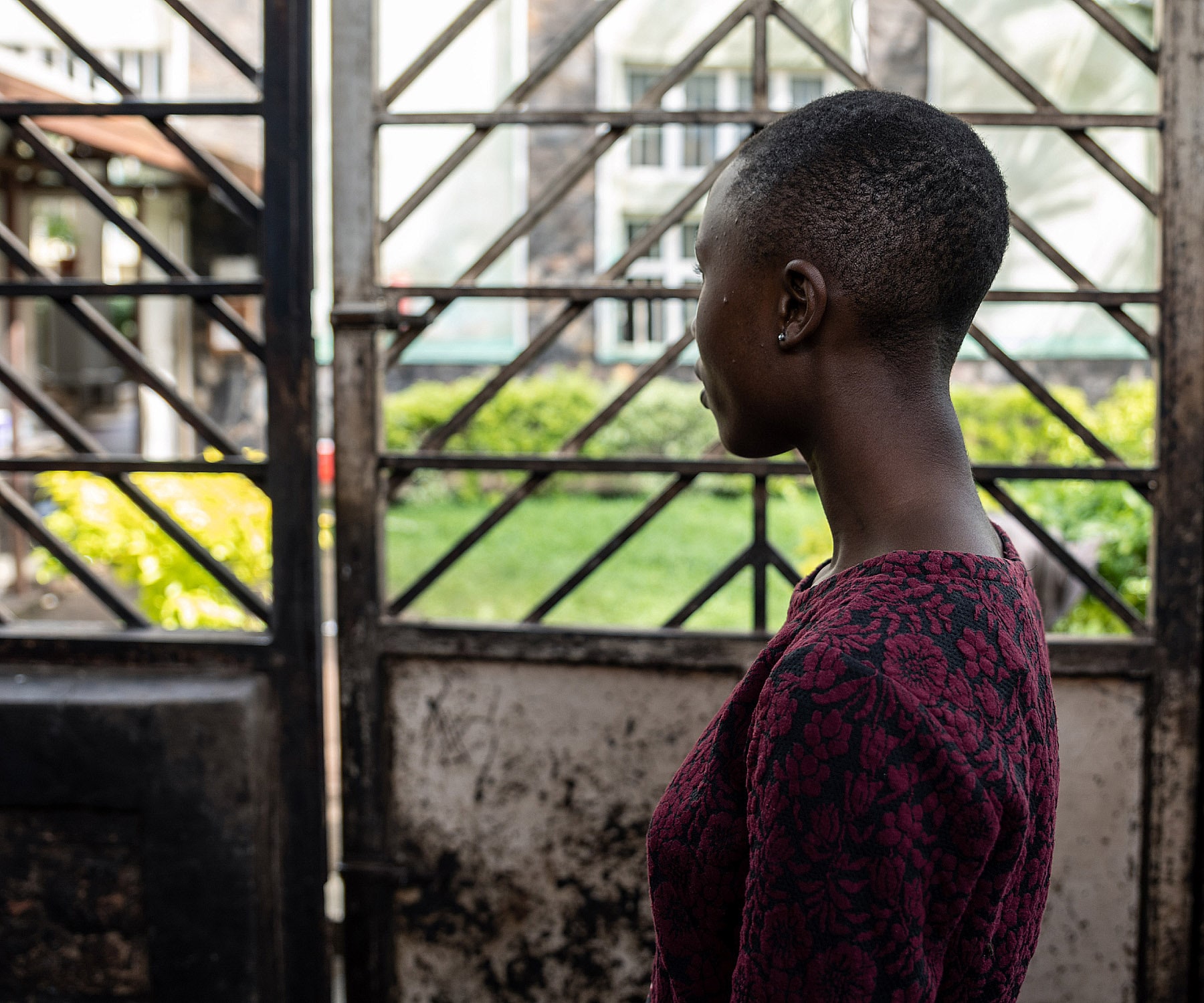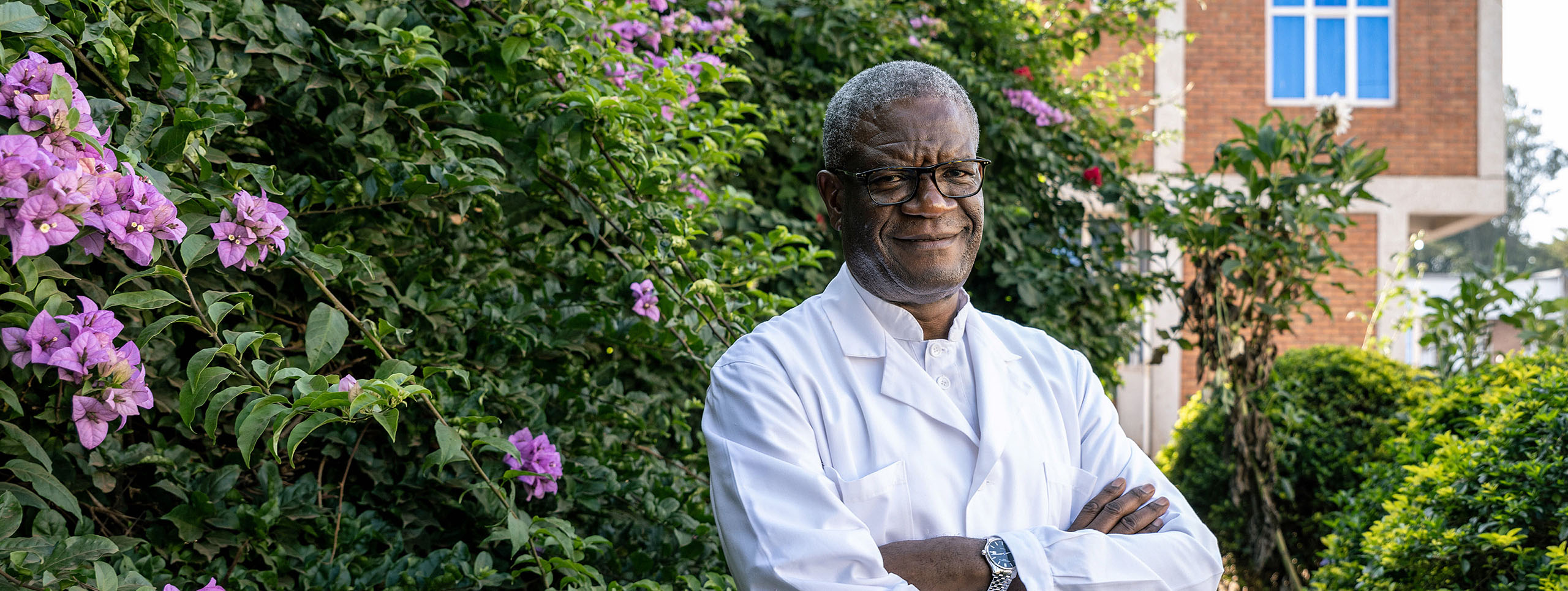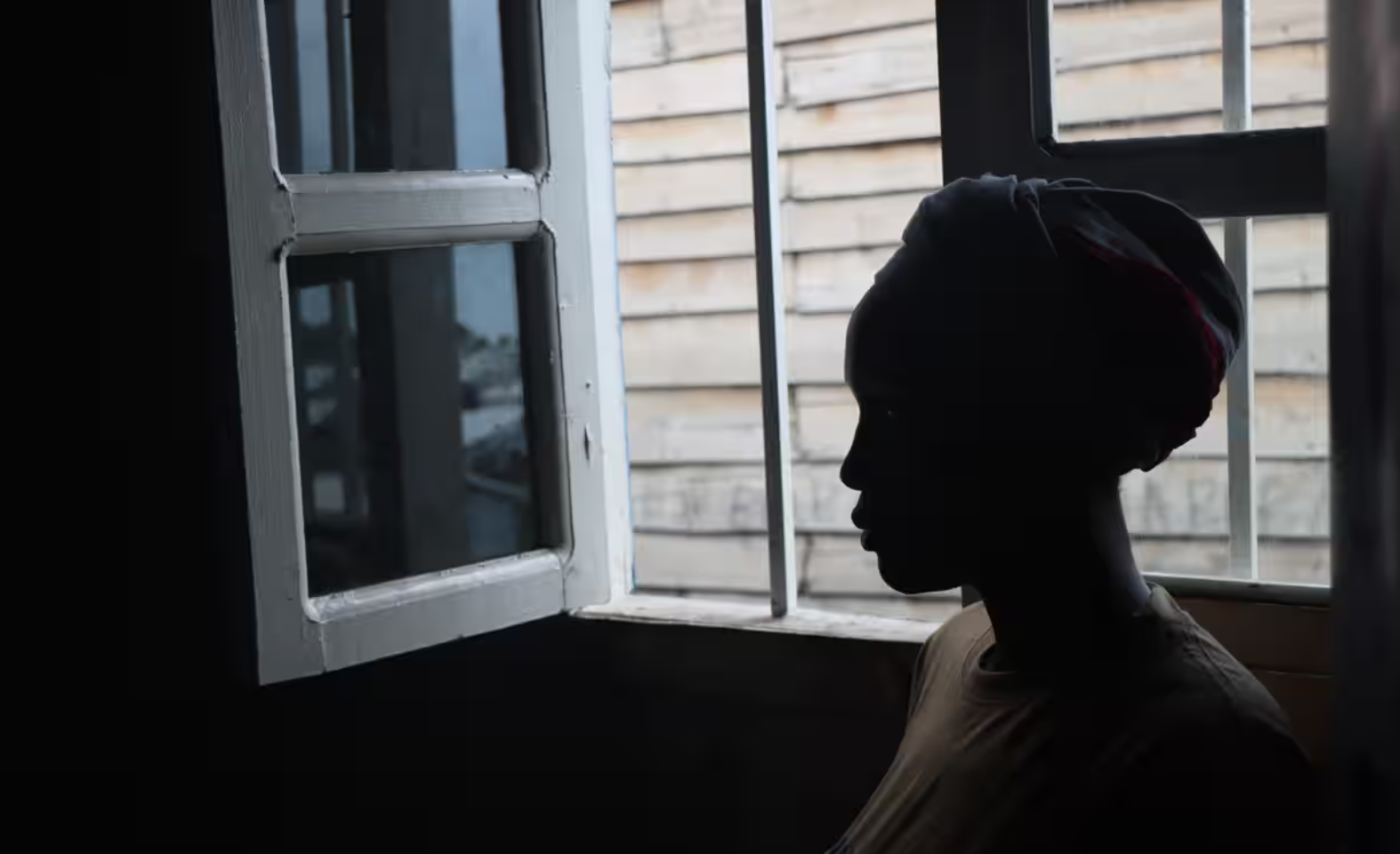Marta was only 12 when she started, in 6th grade in primary school. She was happy in school. But three boys raped her, and she became pregnant. Her family rejected her. She had no other choice.
Sylvie was 14. She had a hard life, she said. We asked her how – she just told us that life became hard, there was no one to take care of her, and looked down. We didn’t press further.
Ange was 12. She’d been expelled from home by her parents also. We’ve learned by now not to ask the painful “why” questions. Their downcast eyes and shrinking demeanor tell enough. Now she is 13 and five months pregnant. She doesn’t know how she will take care of her child. “I can’t even take care of myself,” she says.
Bisette’s father died, he was very ill. Something happened with her mother. She cannot live with her mother, and she has the same look as the other girls – telling us to stop asking. “I am independent,” she says. “Sometimes I visit my uncle.” Drop it, say her eyes, just leave it. “There was no one that could help us. I had to fight for survival. Especially now that I have a child, I have to fight to survive. This isn’t what I would choose.”
These girls, these children, “work” in a brothel.
The men pay 1000 Congolese Francs – around $1.00 – for “quick sex.” They like the younger girls, so the brothels heavily recruit for them. They put the youngest girls out front to lure in the customers.
Sylvie gets about two customers a night. Sometimes the men pay, sometimes they don’t. Ok, many times they don’t. But at least she’s been tested for HIV. At least she sometimes uses condoms.
We learn that’s maybe why she sometimes doesn’t get paid. The men refuse to use condoms. So what do they do, do they go away, find another girl? No, says Bisette. When you refuse, they have sex with you anyway. Then they don’t pay you, because you complained.
SAJECEK, a grassroots organization in the rough neighborhood of Essence, did an investigation of brothels in the neighborhood last year. The research was conducted with financial support and technical assistance from our Badilika (Change) Program – a program that works to build the capacity of local civil society organizations to address root causes of violence, conflict and corruption. The SAJECEK investigators found 83 girls, aged 12-17, being exploited in brothels in the area. They visited 24 brothels total.
Wait, did I just call it exploitation? Can we call it like it is? This is rape. These girls are 12, 13, 14. This is rape. Of children. They cannot consent, this is not a choice.
SAJECEK has been working with the girls to raise awareness of the negative consequences of this work, in hopes of convincing them to find a different life, a new path. “What would you need to be able to stop this work?” we ask each of the girls.
Marta: “An alternative: school or work.”
Sylvie: “Education. And maybe some food.”
Ange: “What work? First I have to learn.”
Bisette: “Studies.”
Robert, who runs SAJECEK, tells me that they used to have a sewing center, but it burned down. They don’t have the money to rebuild.
I find myself doing calculations in my head. How many women do we have at Maison Dorcas right now? Do we have room in this current class? Do we have room for more residents? How much do I have to raise to get these girls to Maison Dorcas, to get them in school, to get them some counseling, to get them, god help me, at the very least, tested? There are probably 12 or 13 girls in that tiny waiting room outside, how much do I need?
I’m about to ask Robert about how we could make this work, how much time the girls would be willing to wait, would they be willing to travel the 20 minute walk to Panzi maybe twice a week. And then I catch myself. I’m asking the wrong questions.
There are dozens of right questions, and they suddenly pour out of me at lightning speed. Why isn’t there education available for these girls? Education is compulsory in the Congolese constitution, I find myself ranting, why can’t these girls go to school? It shouldn’t be up to community organizations like Panzi to find the money to send them, this should be readily available. And why are they put in this position in the first place? What is happening around them that at 12 or 13 they have no choice to be raped, each night, in order to survive? Why aren’t the authorities doing something about this? Why aren’t these brothels being shut down, the owners prosecuted, the children protected?
The report that SAJECEK published did in fact lead to further investigation. Four brothels were shut down in Essence. Their owners were arrested, convicted, brought to justice. But the report studied 24 brothels, and the investigators are the first to admit that this didn’t come close to all the brothels in the area they surveyed, let alone in all of Bukavu. I know as an activist I’m supposed to take solace in the small victories. And when you look at it realistically, 4 brothels shut down and owners prosecuted, considering the corruption in the justice system, is a pretty big victory, really. But I’m blinded.
*****
To call Essence a poor neighborhood is to play with understatements. It’s a slum. It’s also on the road to Panzi. And it’s here, in this poor, vulnerable neighborhood, where the population has so little already, where everyone is already on edge all the time, that the government decided to demolish homes.
The road to Panzi has always been narrow and rough. It’s a 30 minute bounce-and-bump ride from Bukavu’s city center. On rainy days, the road washes out – I brought my rainboots, prepared to walk to work through ankle-deep mud (it’s been sunny and blazing hot every day). In the long dry season, you can’t see from the dust. So improving the road would be a legitimate endeavor. It would be infrastructure that is sorely needed, and especially in this overtly-neglected neighborhood which has seen little, if any, investment. Widening the road, smoothing the road – all this would be quite welcome.
But here’s how it happened instead. The government waited until three weeks before the rains started to begin the project, though the rainy season is known and that the rains would make continued work impossible and the road impassable was obvious. The first thing they did was to destroy a wooden bridge just near Panzi Hospital. The only alternative sent trucks blasting dust through our gates. “You can’t imagine the dust,” says Roger, the head of our Badilika civil society program. “It was everywhere. Can you imagine, in a hospital.”
Then they began to widen the road. They simply made a decision about how wide the road should be, and cut the road to match that figure. To do so, they demolished homes of some of the most vulnerable in Bukavu. They did it without warning; “Sometimes there were children still inside the house, sometimes people had to run,” Robert explains.
Our colleague Ali, who works in our research center and manages our Panzi Bags project, asked me if I knew anyone with a spare Kindle when I asked if I could bring him anything from the US. He told me he just wanted his books. He had the Bible, he had *Dancing in the Glory of Monsters*, he had another few books about Congo. With a new Kindle and an internet connection, he could get those books back (score one for the e-reader side of the debate). He hadn’t lost his Kindle. His home was demolished, and it was destroyed with it.
There are homes along the side of the new road that have simply been cut in half. The road needed to be X meters wide, and Y amount of this house was in the way. So the crews just split the houses down the middle. Some folks have gotten ahold of bed sheets or tarps, and put them up as temporary walls. The remaining homes are precariously perched on what is now a clay-dirt cliff. A few strong rains and they’ll all slide down.
Last week, before we got here, it was pouring rain. The ditches the construction crews abandoned became pools of mud. Some of our staff didn’t get home until 9:00 at night, picking their way through the mud in the dark. There’s no way to finish the road till everything dries out. Even then, Roger says that the water drainage pipes they’re putting in are way too small to handle the amount of water that slides down the mountain during the rainy season. The road will flood. It’s sunny now, but the rains are expected back.
The crew at SAJECEK has collected documentation from 380 families to prove they owned the property that had been destroyed. The government has not compensated anyone. The law says they have to compensate before there’s any demolition; they didn’t do that, and they don’t appear eager to compensate now, either, says Robert. The families are looking for lawyers that will help them.
What about Advocats Sans Frontiers, asks Catherine? They said they had no budget to help. The lawyers at Panzi’s legal clinic? They are wonderful, but they specialize in sexual violence cases, they don’t have expertise in land rights. How much is a lawyer? It’s a class action lawsuit, one lawyer isn’t enough. They need about five. There are some in town who are willing to represent the families for less than they’d usually earn, but this will be a long, complicated case, and they will still need $1500 each. That’s $7500, total. I pull out my calculator. That’s $19.74 per family represented.
I realize I’m doing it again: the calculations, the wrong questions. We’re not the ones who should have to fix this.
I couldn’t get a picture of Essence for you. We’re supposed to roll up the windows, lock the doors, put our belongings on the floor. There was too much dust through the window.
****
In the middle of our conversation at SAJECEK, we hear shouting outside. It’s all in Swahili but the tone registers as someone inching closer and closer to a fight.
A month ago, a thief committed a crime just outside the gates of Panzi Hospital. A soldier shot him. The population protested, blocking the road completely. They went after the soldier, they beat him near to death. Only the youth organized by SAJECEK stopped the mob from ending his life, getting the soldier to the hospital.
Of course stealing is wrong. Of course it is a crime. A crime punishable by death, maybe not, but certainly a crime. But the population is so angry, so neglected, so palpably furious, that it didn’t matter what the man who was shot had done. They see the soldiers, the police, as their enemies. Part of the system that at best abandons, at worst exploits.
Today, the thief died in the hospital. The man shouting up a storm, working his way up for a real fight at SAJECEK was his friend. “You stopped us from killing his killer,” we’re told he says. “Now YOU’RE our enemy.”
Why wasn’t the thief simply arrested, brought to justice? What were the circumstances, the lack of opportunity, and the wartime trauma that led to his life of crime in the first place? Why is the only option for justice a mob execution?
I’m asking the right questions.



